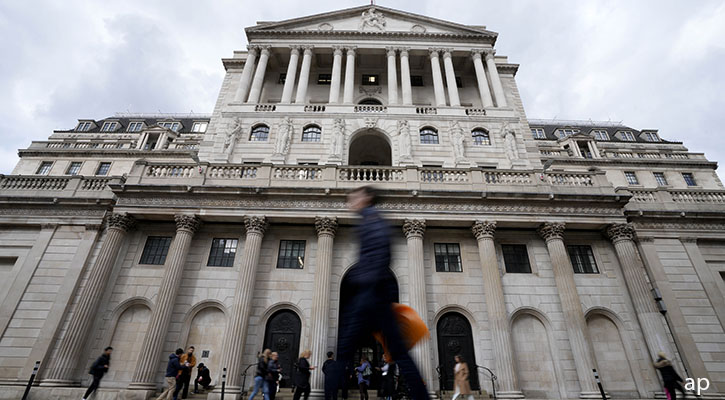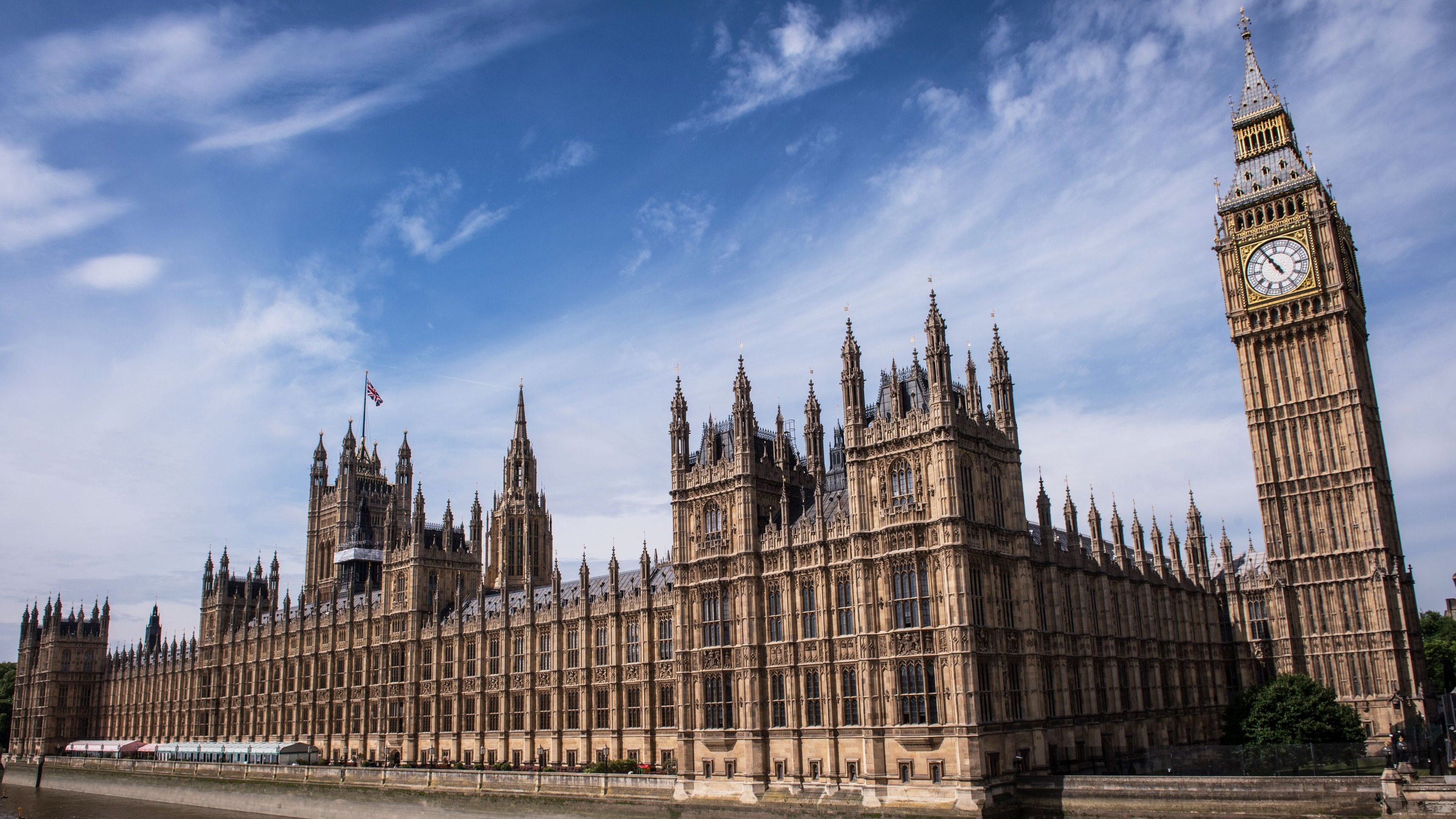
Annual inflation in the UK reached a never-before-seen high last month, data from the Office for National Statistics showed on Wednesday.
The consumer price index rose 11.1% in October from a year before, and up from 10.1% in September.
This was the highest annual CPI rate in the current national statistic series, which began in January 1997.
The figure also came in higher than anticipated, with a reading of 10.7% expected according to FXStreet.
On a monthly basis, CPI rose by 2.0% in October, up sharply from 0.5% in September.
Despite the introduction of the UK government's Energy Price Guarantee, housing and household services like gas and electricity prices made the largest upward contribution to the change in CPI annual inflation rates between September and October.
Rising food prices also made a large upward contribution to change with transport (principally motor fuels and second-hand car prices) making the largest, partially offsetting, downward contribution to the change in the rates.
Annual core inflation, which excludes food, energy, alcohol and tobacco, was stable at 6.5%. The rate was expected to fall to 6.4%, according to FXStreet-cited consensus, however.
The newest figures come after the Bank of England raised interest rates to 3% earlier this month and ahead of tomorrow’s (delayed) Autumn Statement – the first from Rishi Sunak’s new government and his chancellor Jeremy Hunt.
The new inflation numbers sit uncomfortably alongside the Bank’s arguments that only modestly higher interest rates would be necessary to bring inflation back towards its 2% target, according to Mike Bell, global market strategist at JP Morgan Asset Management.
“We are not so convinced. What has been underestimated consistently has been the inflationary pressures stemming from the tight labour market. Although vacancies and employment eased marginally in yesterday’s labour market report, wage growth continued to push higher. With headline inflation expected to stay elevated for some months yet, workers may still ask for more pay to protect disposable income. Until it is clear weaker activity is starting to weigh on wage demands, we believe the Bank of England will have to keep hiking. We see UK rates peaking at 4.5%.”
Andrew Megson, CEO of My Pension Expert, also expresses concern that Hunt may not offer up enough reassurance for pensioners, particularly due to the uncertainty around the triple lock on state pension..
“These are very concerning times for pension planners. And it is vital that the government acts swiftly and decisively; any further U-Turns regarding pension policy could come as a slap in the face for pension planners. And in doing so, we might start to see Britons’ confidence in their finances begin to be restored.”





























